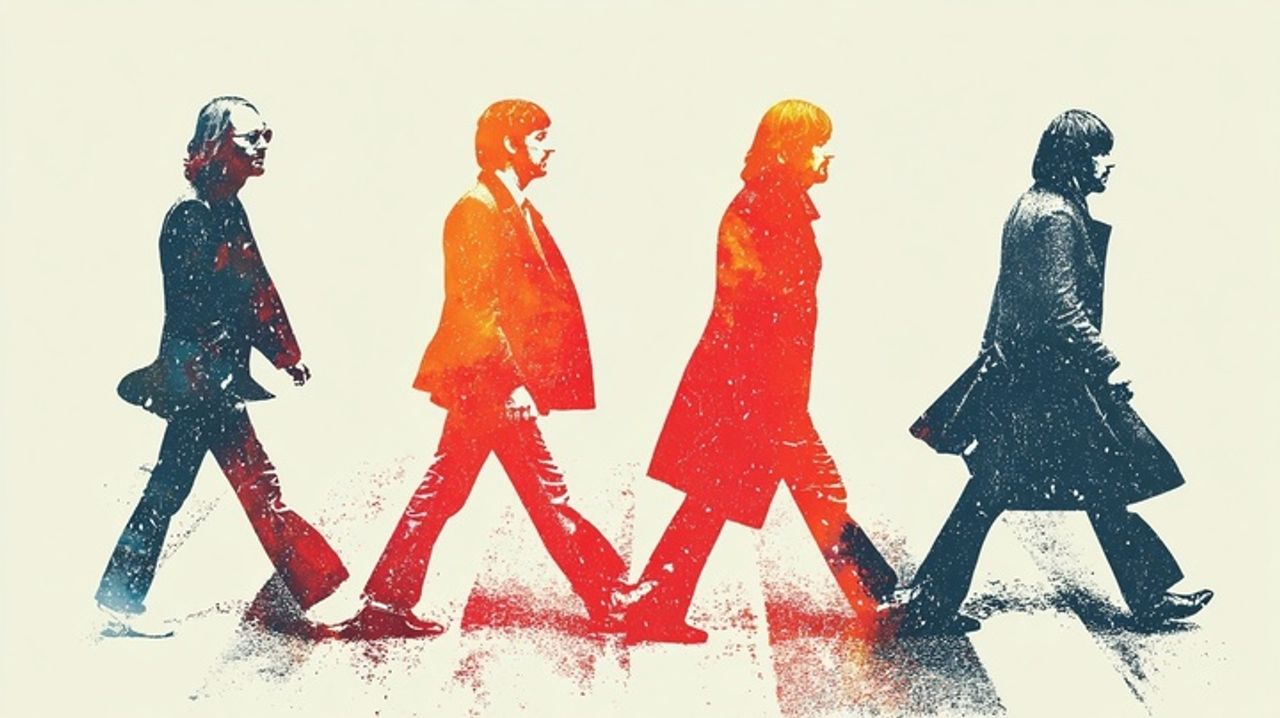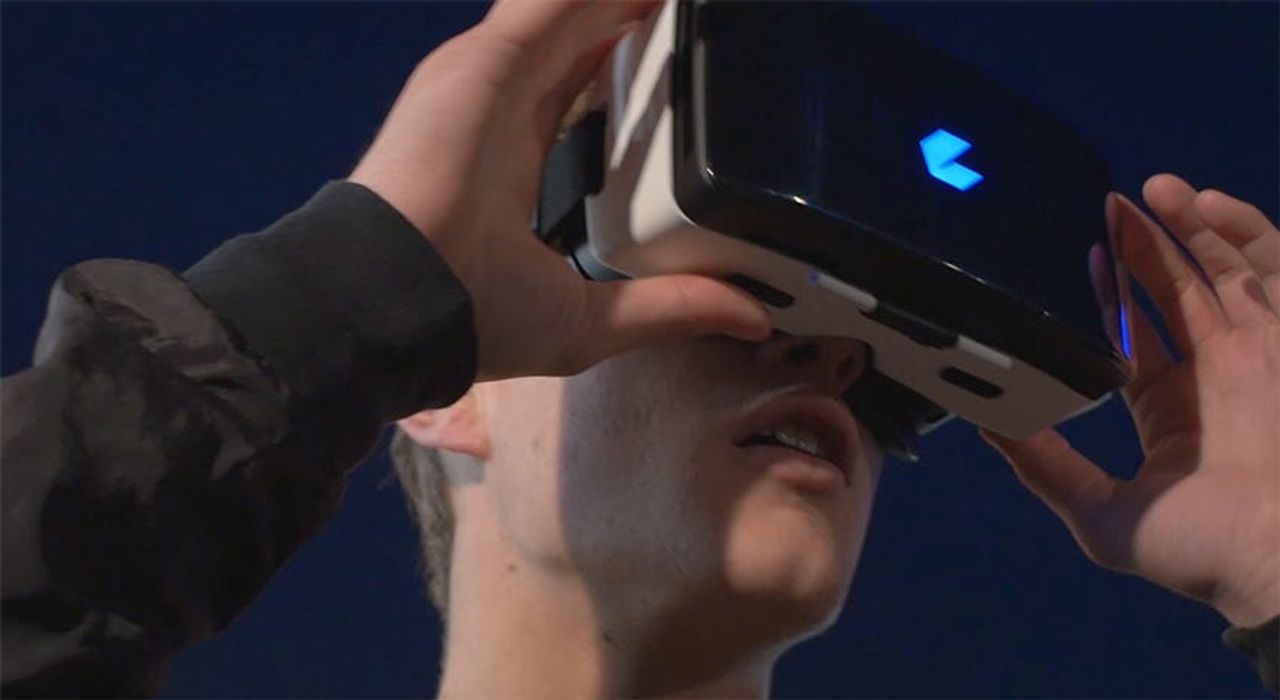How CEEK is Building the Future of the Creator Economy—And Why It's Different
In a world where creators are increasingly demanding control, transparency, and meaningful connection with their audiences, CEEK is positioning itself as a pioneer in reshaping the creator economy. By blending virtual reality, blockchain technology, and decentralized ownership, CEEK is creating an ecosystem that goes far beyond what traditional content platforms offer. Unlike companies that rely on ad revenue and centralized control, CEEK is empowering creators to build immersive, profitable, and direct relationships with their fans. While most creator platforms focus on video streams or social media interactions, CEEK transports fans into fully immersive environments. With VR concerts, meet-and-greets, and interactive events, CEEK enables creators to offer experiences that feel more like real-life encounters than digital content. This level of engagement—seeing your favorite artist up close in a virtual concert hall or chatting with them backstage in a VR lounge—is not only innovative but deeply personal.
Beyond immersive content, CEEK distinguishes itself through its blockchain integration and its native token CEEK. This technology allows creators to earn revenue instantly and transparently. Unlike platforms like YouTube or Spotify, where artists earn only a fraction of what their work generates, CEEK gives creators direct access to their earnings. They can sell NFTs, tickets, digital merchandise, and more—without losing revenue to intermediaries or opaque algorithms. It’s a system built on fairness and control.
CEEK also prioritizes Creator- Fan-Relationships in a way that few platforms do. Instead of feeding content through algorithmic feeds or advertiser-driven models, CEEK allows creators to build exclusive communities, offer VIP experiences, and reward loyal fans with collectibles or unique perks. This model puts creators—not tech companies—in the driver’s seat, letting them grow their audience on their terms.
Finally, CEEK is not just imagining the metaverse—it has already launched it. Within CEEK city, users can explore digital arenas, lounges, and concert venues. It's a live, working metaverse tailored for entertainment and cultural exchange. While others are still experimenting with what Web3 could look like, CEEK is actively shaping it.
In conclusion, CEEK is building the future of the creator economy by redefining how creators connect, earn, and grow. Through immersive VR, blockchain-enabled ownership, and a decentralized entertainment model, CEEK is not just another platform—it’s a movement. And unlike the traditional systems that often limit creator potential, CEEK offers freedom, fairness, and the tools to thrive in a new digital era.



/fit-in/1920x1005/placeholder)




